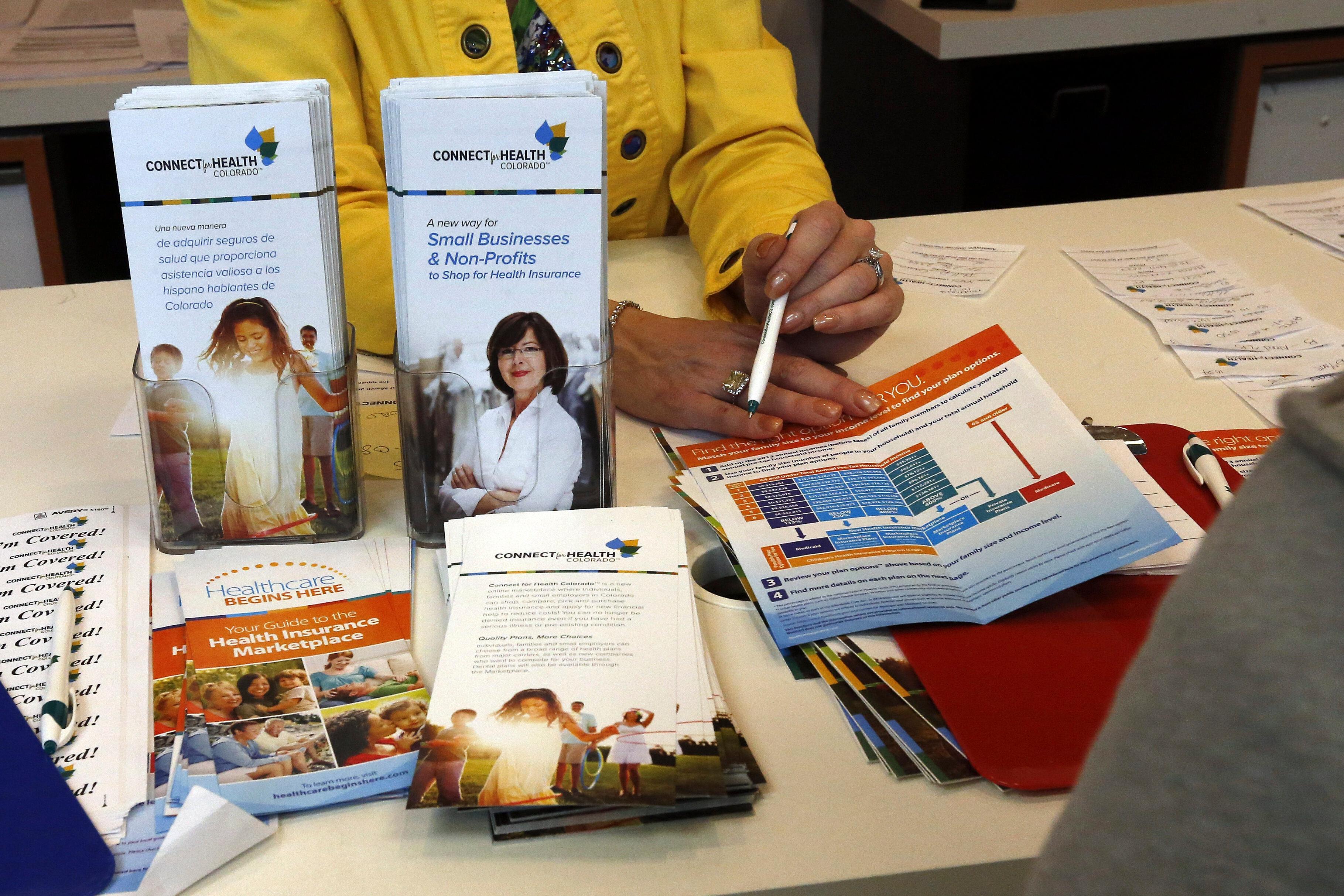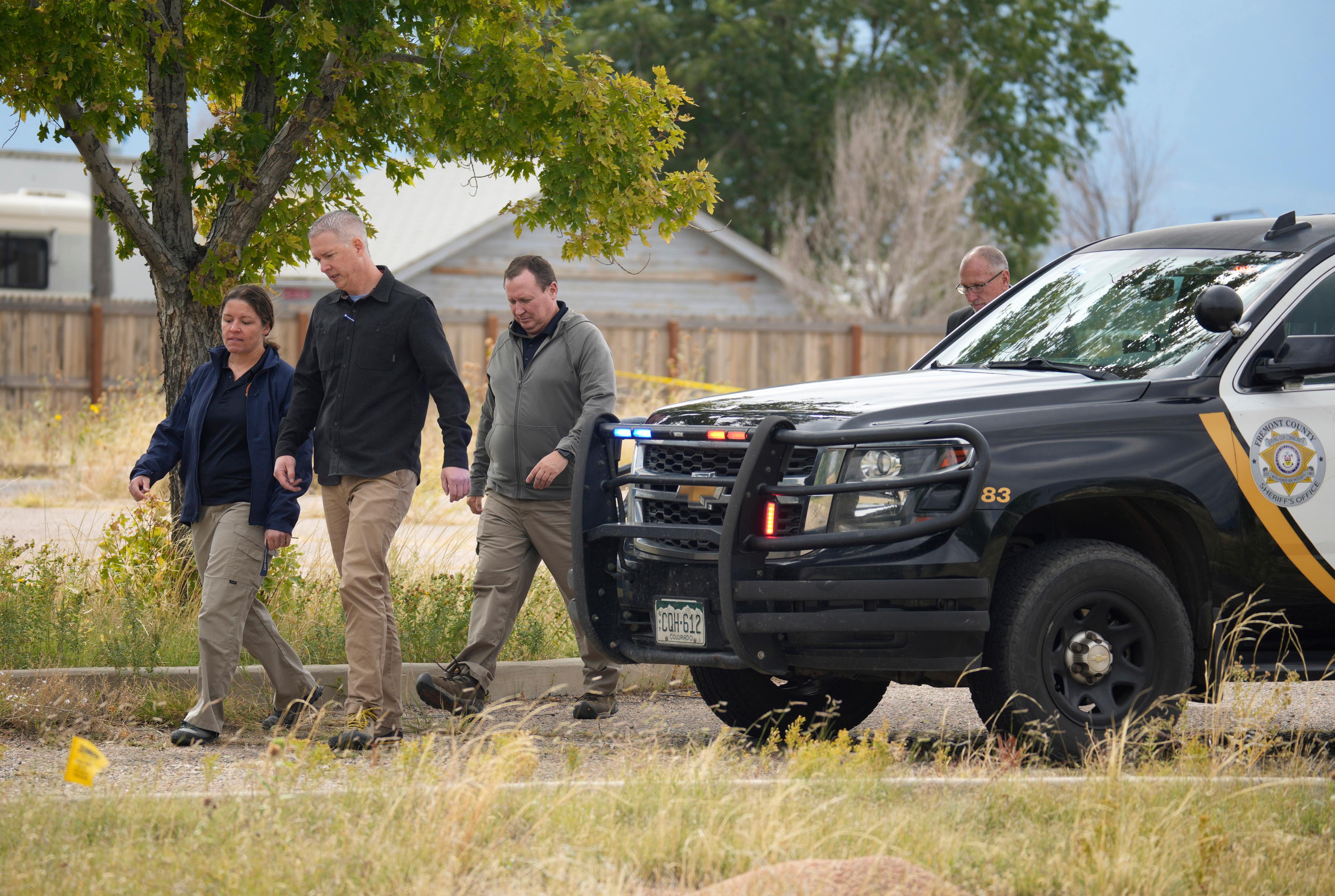
The clock is ticking on Colorado’s legislative session.
Lawmakers must conclude their work no later than the stroke of midnight, Wednesday night, and a number of the year’s biggest bills have yet to cross the finish line.
One top priority for Democratic lawmakers is Senate bill 5, which would make it easier for workers to fully unionize.
Under what’s known as the Labor Peace Act, workers who vote to unionize must vote again, and pass a 75 percent threshold, in order to become a full union shop, where the union can collect fees from all workers.
Senate Bill 5 eliminates that second election. It was introduced on the first day of the legislative session back in January and is expected to pass its final vote in the House as early as Tuesday. But Gov. Jared Polis said he’d only sign the bill if both business and labor are on board. They’re not.
The two sides negotiated for months but couldn’t reach a deal, so backers are going forward knowing they’re up against a likely veto.
“We always wanted to give him a choice,” said Dennis Dougherty, the head of the Colorado AFL-CIO. “The choice is to stand with working families and the 3 million workers across Colorado or the oligarchs and the elites and the large and wealthy corporations.”
Polis said that while the rules for the second election might benefit from some updates, he wants to preserve the right of workers to have a say in whether everyone in their workplace has to pay union fees.
On the Senate side of the Capitol, Monday could see initial Senate votes on two controversial bills. House Bill 1291 aims to increase safety for rideshare passengers and drivers. Drivers for companies like Uber and Lyft would be required to record each ride, both sound and video, and they would not be able to offer passengers food or drinks. It would also create a private right of action to allow passengers to pursue lawsuits in certain instances rather than being required to go to arbitration.
Backers say it’s all about safety but rideshare companies are strongly opposed. Uber says it is impossible to comply with and is threatening to leave the state should the bill become law. The company is urging its users to email their lawmakers and the Governor through its app. Uber said the mandatory recording raises “serious privacy concerns” and will lead to frivolous lawsuits to drive up costs for riders and drivers.
The Senate will also discuss House Bill 1312, which would increase protections for transgender Coloradans, including by adding deadnaming and misgendering to anti-discrimination laws, and shielding parents or guardians who bring children to Colorado to receive gender affirming care.
Republicans have pledged to fight both of those bills. With less than 72 hours to go before they must adjourn, the minority has more leverage than usual. GOP members can filibuster and use procedural tactics to stall debates, trying to run out the clock on measures they oppose.








